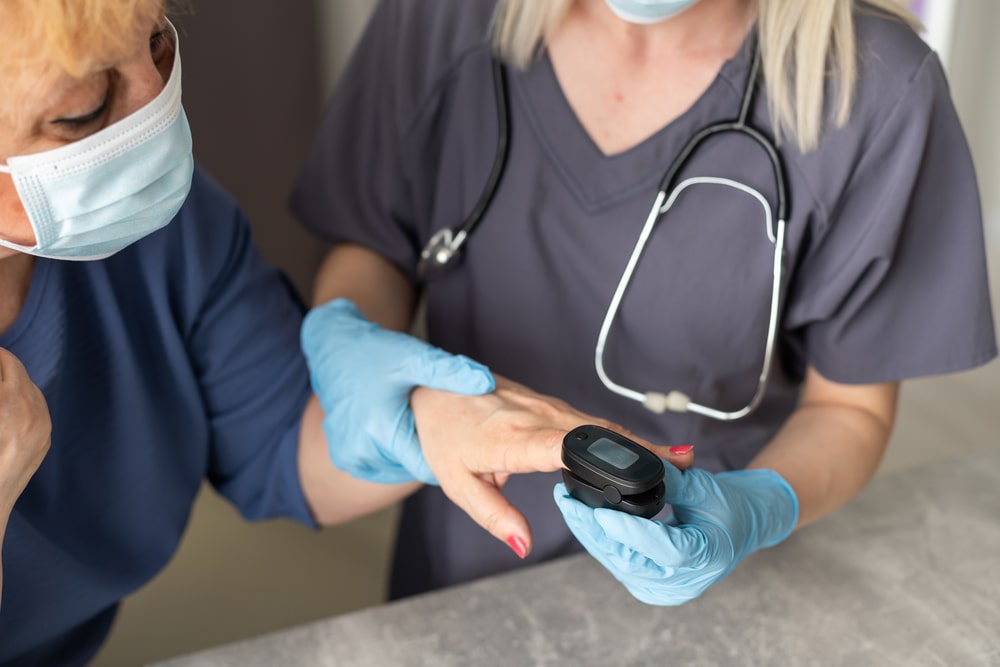 Prevention is better than cure. A full body health screening offers a proactive way to safeguard your well-being, providing peace of mind and helping catch potential health issues before they become serious. Whether you’re preparing for your first screening or want to stay informed about what’s involved, understanding the process can make you feel more confident and ready.
Prevention is better than cure. A full body health screening offers a proactive way to safeguard your well-being, providing peace of mind and helping catch potential health issues before they become serious. Whether you’re preparing for your first screening or want to stay informed about what’s involved, understanding the process can make you feel more confident and ready.
Here’s what you can expect during a full body health screening:
1. Initial Consultation
Your screening begins with a consultation where your healthcare provider will ask about your medical history, lifestyle, any symptoms you may be experiencing, and any specific concerns. This helps tailor the screening to your unique needs, ensuring a thorough assessment.
Why it’s important: A customized screening based on your history helps detect potential issues relevant to your individual health profile.
2. Vital Signs Check
Next, your vital signs are measured, which includes checking your blood pressure, heart rate, temperature, and respiratory rate.
- Blood pressure: Monitors for hypertension, a major risk factor for heart disease and stroke.
- Heart rate: Indicates cardiovascular health.
- Temperature: Can signal early signs of infection or other health issues.
- Respiratory rate: Monitors lung function and overall health.
Why it’s important: Vital signs offer a snapshot of your general health, helping identify risks before they escalate.
3. Physical Examination
A thorough physical exam follows, during which your doctor will check different areas of your body, including your eyes, ears, throat, heart, lungs, and abdomen. They’ll also inspect your skin and joints to detect any abnormalities or mobility issues.
Why it’s important: A physical exam allows your doctor to identify potential problems that may not be evident through blood tests or imaging.
4. Blood Tests
Blood tests are a critical part of a full body screening. Common tests include:
- Complete blood count (CBC): Identifies infections, anemia, and other blood-related issues.
- Lipid panel: Assesses cholesterol levels, helping gauge your risk for heart disease.
- Blood sugar: Screens for diabetes or prediabetes.
- Liver and kidney function tests: Checks how well these organs are working.
- Thyroid function: Measures thyroid hormone levels, which affect metabolism and energy.
Why it’s important: Blood tests provide a deeper look into your overall health and can reveal underlying conditions early on.
5. Imaging and Other Tests
Depending on your medical history and age, additional tests such as chest X-rays, ECGs, or ultrasounds may be recommended to assess your heart, lungs, and internal organs.
Why it’s important: Imaging tests can uncover conditions like heart disease, lung problems, or tumors before symptoms arise.
6. Screenings for Specific Conditions
Based on your risk factors, your doctor may recommend screenings for specific conditions such as cancer or osteoporosis. Examples include:
- Mammograms: For breast cancer detection.
- Colonoscopies: To screen for colon cancer.
- Bone density tests: To assess risk of osteoporosis.
Why it’s important: Targeted screenings help catch life-threatening conditions early, leading to better treatment outcomes.
7. Review and Recommendations
After the screening, your healthcare provider will review your results and discuss any findings with you. If any issues are detected, you’ll receive recommendations for further tests, treatments, or lifestyle changes to maintain or improve your health.
Why it’s important: Early intervention and personalized advice can prevent the progression of many conditions, helping you stay healthy for the long term.
Taking Control of Your Health
A full body health screening isn’t just a one-time check-up—it’s an essential part of your long-term health plan. By identifying risks early, you can take proactive steps to protect your well-being. At Navarro Family Health, we provide comprehensive screenings tailored to your individual needs, ensuring you have the best tools for a healthier future.
If you’re seeking a Lake Wales primary care physician, visit Navarro Medical by following the driving directions here. Take control of your health and get peace of mind for the future.